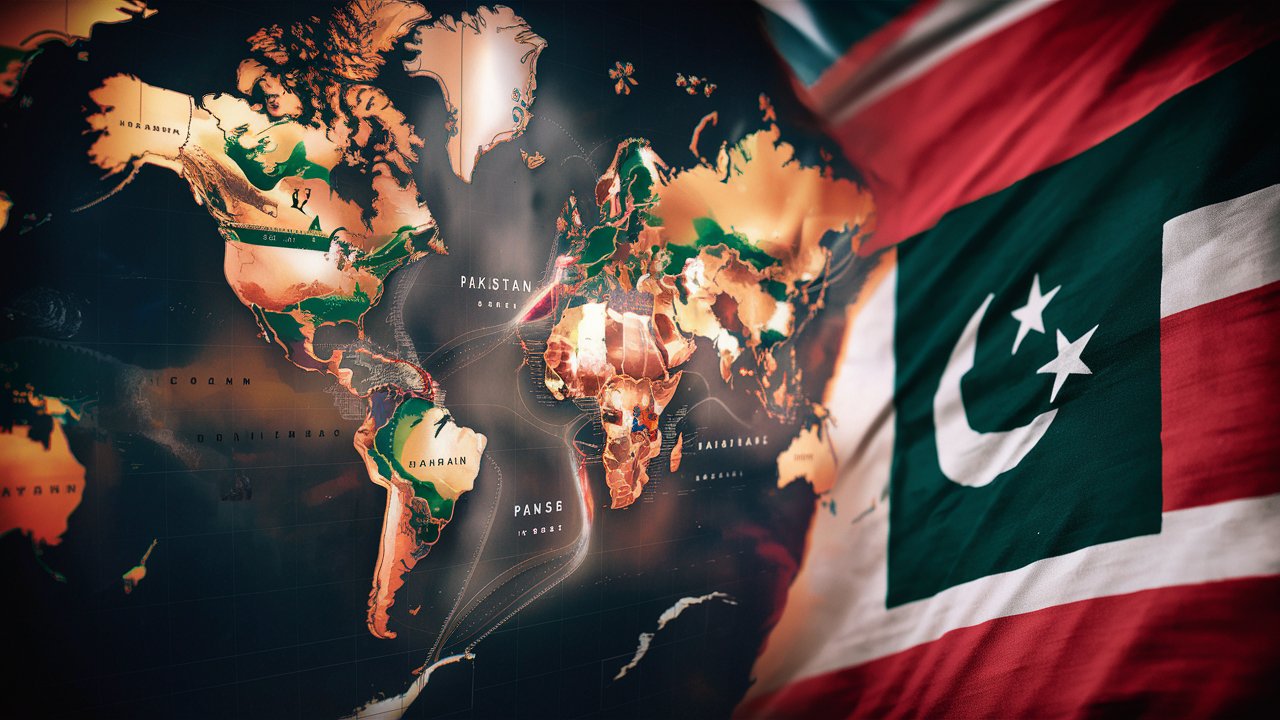4. Polarized politics: the issues and challenges of democracy in Pakistan. 2020

Polarized politics: the issues and challenges of democracy in Pakistan. 2020
Introduction
Pakistan has been struggling with polarized politics since its inception in 1947. The country’s political landscape is characterized by a deep divide between the ruling elite and the opposition parties. Polarization has resulted in political instability, weak democratic institutions, and social unrest. This essay discusses the issues and challenges of democracy in Pakistan and how polarized politics is hindering the country’s democratic progress.
Background of Polarized Politics in Pakistan
Pakistan’s political polarization has its roots in the country’s history. The country’s political landscape is dominated by a few political families, and political power is concentrated in the hands of a small group of elites. The political elites have used their power to maintain their grip on the country’s resources and institutions, perpetuating a cycle of corruption and nepotism.
The military has also played a significant role in Pakistan’s polarized politics. The country has been under military rule for a significant portion of its history, and the military has often intervened in the country’s political affairs. Military interventions have weakened democratic institutions and hindered the development of a strong and independent civil society.
Issues of Polarized Politics in Pakistan
Polarized politics has resulted in several issues that have hindered Pakistan’s democratic progress. Firstly, polarization has led to a lack of consensus on critical issues, resulting in weak policymaking and implementation. The ruling elite and the opposition parties are often at loggerheads, resulting in a stalemate on important policy decisions.
Secondly, polarization has led to political instability, which has had a significant impact on the country’s economic development. Investors are often reluctant to invest in a politically unstable environment, resulting in a lack of economic growth and job opportunities.
Thirdly, polarized politics has weakened Pakistan’s democratic institutions. The country’s judiciary, media, and civil society are often influenced by political polarization, which has resulted in a lack of independence and impartiality. The erosion of these institutions’ independence has resulted in a weak system of checks and balances, which is essential for the functioning of a strong democracy.
Challenges of Democracy in Pakistan
Pakistan’s democracy faces several challenges that have hindered its progress. Firstly, the country’s weak democratic institutions have resulted in a lack of accountability and transparency. Corruption and nepotism are widespread, and the country’s institutions lack the capacity to hold those in power accountable.
Secondly, the military’s intervention in politics has weakened democratic institutions and hindered the development of a strong and independent civil society. The military has often played a role in installing and removing governments, resulting in political instability and weak democratic institutions.
Thirdly, the lack of political will to address the country’s challenges has hindered Pakistan’s democratic progress. The ruling elite is often more focused on maintaining their power and wealth than addressing the country’s critical issues.
Overcoming the Challenges of Democracy in Pakistan
To overcome the challenges of democracy in Pakistan, several steps need to be taken. Firstly, there is a need to strengthen democratic institutions and ensure their independence and impartiality. The judiciary, media, and civil society should be free from political interference and have the capacity to hold those in power accountable.
Secondly, there is a need to address the country’s critical issues, such as corruption, poverty, and terrorism. The ruling elite needs to prioritize these issues and develop policies to address them. Political will is crucial in addressing these issues and moving towards a more inclusive and prosperous Pakistan.
Thirdly, there is a need to reduce polarization in politics. The ruling elite and the opposition parties need to engage in constructive dialogue and find common ground on critical issues. Political polarization has resulted in weak policymaking and political instability, hindering Pakistan’s democratic progress.
Conclusion
Pakistan’s democracy faces significant challenges, and polarized politics has hindered its progress. Political polarization has resulted in weak democratic institutions, political.
Visit: https://techinsightguru.com/